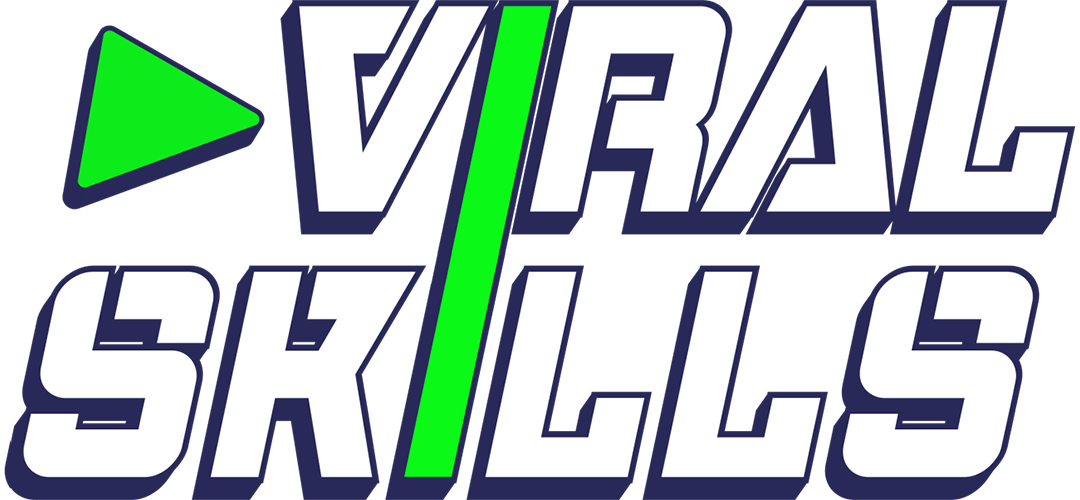| VR Application Profile | |||||||||||||
| Name of VR Application | Google Expeditions | ||||||||||||
| Category | World/Sites | ||||||||||||
| Date of processing: 26/09/2019 | |||||||||||||
| Technical Framework & Key Data | Software-Provider: Google LLC
Software-Developer: Google Commerce Ltd. Version of app: 2.3.190826066
Compatible VR hardware systems: ☒ Google Cardboard ☒ Oculus Rift ☒ Google Daydream View ☐ Oculus Quest ☒ Lenovo Mirage Solo ☒ Samsung Gear VR ☐ Lenovo Explorer ☐ Samsung Odyssey ☐ HTC Vive Pro ☐ PlayStation VR ☐ HTC Vive ☐ Dell Visor ☐ Acer AH 101 ☐ Oculus Go
Compatible operating systems ☒ iOS Version: 8.0 or later ☒ Android Version: Minimum 4.4
Languages available ☒ English ☐ Italian ☐ Spanish ☐ German |
||||||||||||
| Learning Content | Expeditions to real places in the world, historic events, space or the body. | ||||||||||||
| Learning Outcomes | Knowledge | ||||||||||||
| The adult learners will be able to:
· Recall information of animals, places, nature and processes
|
|||||||||||||
| Skills | |||||||||||||
| The adult learners will be able to:
· Navigate through a VR environment with the use of sight and hand motion · Implement desk-research (for expeditions quiz) and self-learning (only in guide modus) independently
|
|||||||||||||
| Competences | |||||||||||||
| The adult learners will be able to:
· Prioritize learning content through the choice of an area to explore · Learn more independently as the app fosters this in its setup with the need to self-explore an environment
|
|||||||||||||
| Activities provided | Choose a place to explore, e.g. an underwater area. Explore different scenes and learn through an audio guide or written information about the place, flora, fauna, natural phenomenons, the body etc. by pointing on different elements in the space.
All tours can be managed and instructed by a tour guide by use of a tablet – ideal for teaching and learning in classes.
An Expeditions quiz can also be taken. |
||||||||||||
| Added value for low-skilled/-qualified adults |
Explore places which are otherwise not physically reachable and gain a visual impression of them. Receive condensed information about the area also through an audio guide. Especially low-skilled adults can profit from the combination of exploration by sight and receiving information through audio. | ||||||||||||
| SWOT analysis |
*1…very poor/low; 2…poor/low; 3…OK/medium; 4…good/high; 5…very good/high
|
||||||||||||
| Ideal application/utilization |
Context of ideal application Medical training; history, geography, biology, physics education contexts
Instructions for preparation Introduction to the topic is beneficial. It might be beneficial to consider the learning setting and choose a few destinations to explore. Since there is wide variety of places, in a medical context, the exploration should possibly be limited to the human body, etc.
Instructions for mentoring The educator can encourage to look around and find places of interest where additional information is provided.
|
||||||||||||
